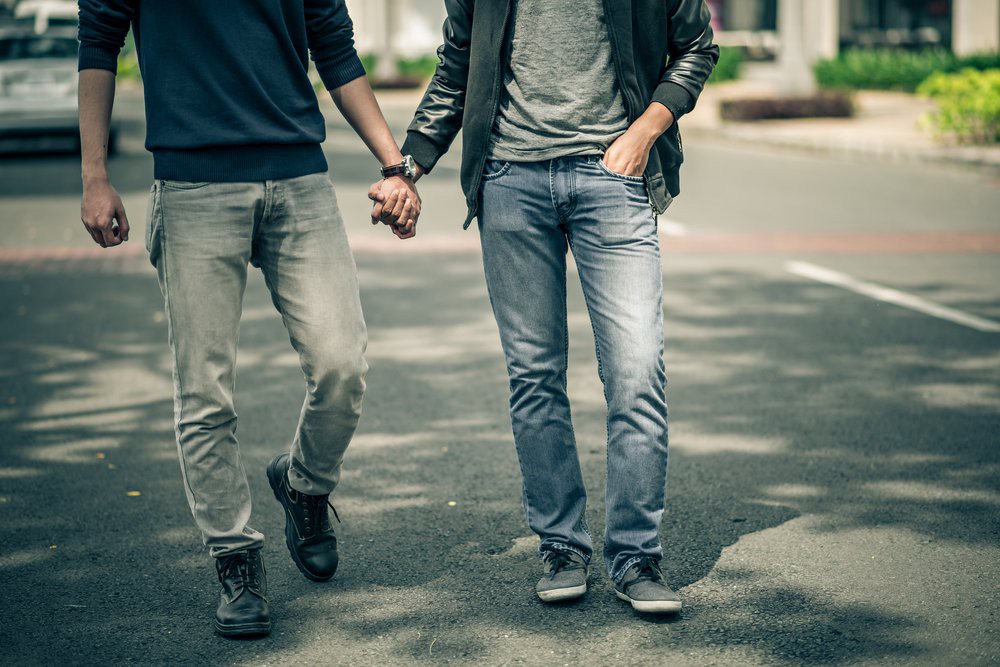Relationship problems are one of the main reasons people seek out therapy. And there is no time in our lives more complicated than the beginning stages of a romantic relationship. Our goal is usually aimed at doing everything we can to maintain the relationship.
We spend a lot of energy trying not to scare the other person away, right? In the early stages of a relationship, we often find ourselves walking on eggshells. Sometimes we hide our true opinions and feelings in an effort to keep the peace. This can leave us confused about when we should say, “I love you.”
What if this scares your new boo away? What if you come off as “needy” or “desperate?” What if they don’t say it back?!
Assessing Your Feelings
These are tons of worries and anxieties that come up for us when we’re entering new relationships. I once worked with a young man who was completely infatuated with a new guy he had been seeing for a few weeks. This budding relationship had become the focus of our time in session.
My client noted that the physical and sexual attraction was intense. Strong romantic feelings began to develop over the next few weeks. As we sat in session processing his feelings, I noticed that my client grew uncomfortable with the idea that he could not hold his affection to himself for much longer. This brought him to a gut-wrenching crossroads.
“Do I continue to play the game or do I tell him how I really feel?” he asked.
I replied that there is no perfect answer. There is no one-size-fits-all approach for when you should share or tell someone of your deepest affections.
This is what makes love so risky and complicated. Relationships, particularly romantic ones, force us into uncomfortable positions. Sometimes we can become adept at avoiding these nerve-wracking forks in the road.

Some studies suggest that men know sooner when they love someone. They also often tell their partners “I love you” sooner. For men it may take only weeks while women tend to skew longer, saying “I love you” after a few months.
It’s no wonder many folks are conflicted about when to say, “I love you.” You might think these kind of statistics might make this task less daunting for same sex couples, but that was not the case for my young client. Expressing your love and vulnerability is not an easy task for anyone.
Don’t Be Afraid of Being Vulnerable
My recommendation to this young man was that if he was feeling these kind of emotions, he should think about sharing them with who he was dating sooner rather than later. We talked about how his silence had led him to feel increasing frustration and even resentment toward himself and the man he was dating.
He continued to ruminate over whether or not his boyfriend would reciprocate his love. The anxiety had become overwhelming. His decision boiled down to if he was ready to take the risk to be vulnerable that soon.
The dating scene is complicated and so is dating someone with anxiety. There are cultural norms and rules by which we are all affected. Socialization is a powerful tool that shows us what are and are not acceptable behaviors. But as one of my colleagues, Dr. Chris Donaghue, so eloquently said in a recent podcast, “The goal of dating is for someone to get to KNOW you, not for you to get them to LIKE you.”
If you’re someone who wears your heart on your sleeve, allow yourself the benefit of being your truest self in every dating situation. If you’re more reserved, that’s OK. Give it more time. Or maybe you can write an old-fashioned love letter instead of saying it.
Grow comfortable with feeling uncomfortable. Then the answer to “How soon should I say ‘I love you’?” should become more clear.
Originally published at www.talkspace.com.
Originally published at medium.com


